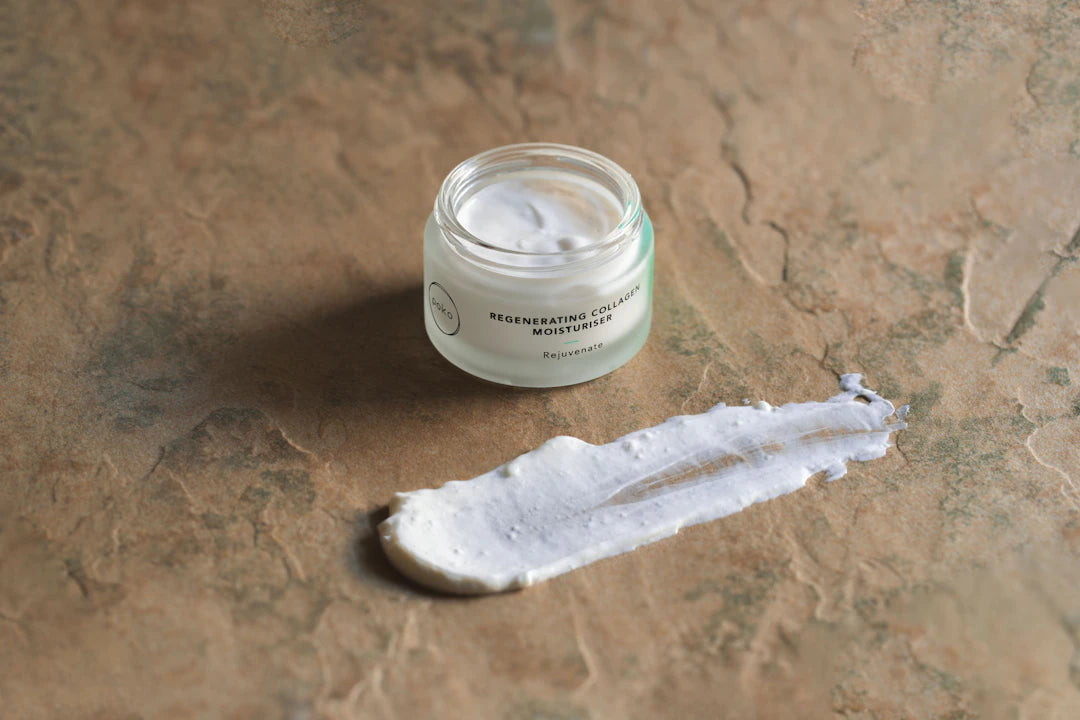Caring for Sensitive Skin: A Guide to Gentle Beauty

Frequently Asked Questions
1. What is sensitive skin?
2. What are some common triggers for sensitive skin?
3. What should I look for in cleansers for sensitive skin?
4. How can I protect my sensitive skin from the sun?
5. What lifestyle changes can benefit sensitive skin?
Having sensitive skin can be challenging. It often requires extra care and attention to avoid irritation and maintain a healthy, radiant complexion. People with sensitive skin experience redness, dryness, and itchiness more frequently than others, making it essential to adopt a skincare routine that caters to their specific needs.
This comprehensive guide will delve into effective ways to care for sensitive skin, incorporating tips on choosing products, daily practices, and lifestyle adjustments aimed at reducing discomfort and nurturing your skin.
Understanding Sensitive Skin
Before we can effectively care for sensitive skin, it is fundamental to understand what sensitive skin is and what triggers its reactions. Sensitive skin can be defined as skin that is easily irritated by environmental factors, skincare products, or even stress. Some common triggers include:
- Harsh weather conditions (extreme cold or heat)
- Allergens (pollen, dust, pet dander)
- Skincare products with fragrances or alcohol
- Harsh exfoliators
- Sun exposure
- Stress and hormonal changes
Building Your Skincare Routine
Step 1: Gentle Cleansing
The first step in your skincare routine should always start with a gentle cleanser suitable for sensitive skin. Look for products labeled as "fragrance-free" and "hypoallergenic." A milky or cream-based cleanser can help to cleanse the skin without stripping away its natural moisture.
Step 2: Toners and Mists
A toner can help balance your skin's pH levels. For sensitive skin, choose alcohol-free toners formulated with soothing ingredients such as rose water or aloe vera. Mists can provide a refreshing boost throughout the day without harsh additives.
Step 3: Moisturizing
Moisturizers are crucial in maintaining the health of sensitive skin. They work to lock in hydration and protect the skin’s barrier. Opt for lightweight and non-comedogenic formulas to avoid clogging your pores. Ingredients like hyaluronic acid and glycerin work wonders for hydration, while shea butter and ceramides help repair the skin barrier.
Step 4: Protecting from the Sun
Sun protection is essential for everyone, especially those with sensitive skin. UV rays can exacerbate redness and irritation. Use a broad-spectrum sunscreen with at least SPF 30 each day, opting for formulations designed for sensitive skin. Look for mineral-based sunscreens with titanium dioxide or zinc oxide as they are less likely to irritate.
Step 5: Targeting Specific Concerns
While caring for sensitive skin requires a gentle touch, you might still want to address specific concerns like aging or skin tightening. Integrating an anti-aging serum can help improve the appearance of fine lines and firmness. Choose serums that contain gentle, effective ingredients like peptides, antioxidants, and botanical extracts.
Natural Remedies for Sensitive Skin
Besides commercial products, natural remedies can effectively soothe and nourish sensitive skin. Here are some popular options:
- Oatmeal Baths: Colloidal oatmeal can help reduce itching and inflammation. Add it to your bath for a relaxing soak.
- Aloe Vera: This plant is renowned for its soothing properties. Using pure aloe vera gel can calm redness and irritation.
- Chamomile Tea: Chamomile is known for its anti-inflammatory benefits. Using cooled chamomile tea as a compress can provide relief.
Diet and Lifestyle Tips
Your skincare routine does not solely rely on topical applications; what you eat and your daily habits significantly impact your skin's health. Here are some lifestyle adjustments to consider:
Hydration is Key
Staying hydrated is crucial for overall skin health. Drinking plenty of water throughout the day aids in flushing out toxins and maintaining skin elasticity. Consider adding herbal teas, which can have soothing effects on your body.
Nutrition for Radiance
A balanced diet rich in nutrients can greatly benefit sensitive skin. Foods filled with antioxidants, such as fruits and vegetables, can combat inflammation. Incorporate foods that contain omega-3 fatty acids like walnuts and flaxseeds to boost the skin barrier.
Managing Stress
Stress can trigger flare-ups and worsen sensitive skin. Finding effective ways to manage stress through activities such as yoga, meditation, or even simply taking a walk can promote not only better skin health but overall well-being.
Finding the Right Products
Choosing the right skincare products can make a significant difference in caring for sensitive skin. Consider these tips when browsing for new products:
- Check Ingredient Labels: Always read through product ingredients to identify potential irritants like fragrances or preservatives.
- Patch Test New Products: Before using a new product on your face, conduct a patch test on a small area of your skin to gauge any reactions.
- Consult a Dermatologist: If you’re unsure about which products to use, consulting a dermatologist can provide tailored recommendations.
When to Seek Professional Help
If you find your skin reacts poorly despite your best efforts, it might be time to consult a professional. A dermatologist can assess your skin's condition and recommend specific treatments to alleviate your issues. They may suggest prescription creams or even therapies tailored to sensitive skin.
Embracing Your Sensitive Skin
Caring for sensitive skin requires understanding, patience, and empathy towards your skin’s needs. By adopting a consistent skincare routine with the right products, managing your lifestyle, and employing gentle remedies, you can help minimize sensitivity and irritation.
It’s vital to remember that everyone's skin is unique, and what works for one person may not work for another. Regularly evaluate how your skin responds to different factors, and make adjustments as necessary. The journey to beautiful, radiant skin is ongoing, but with the right care, your sensitive skin can flourish!


